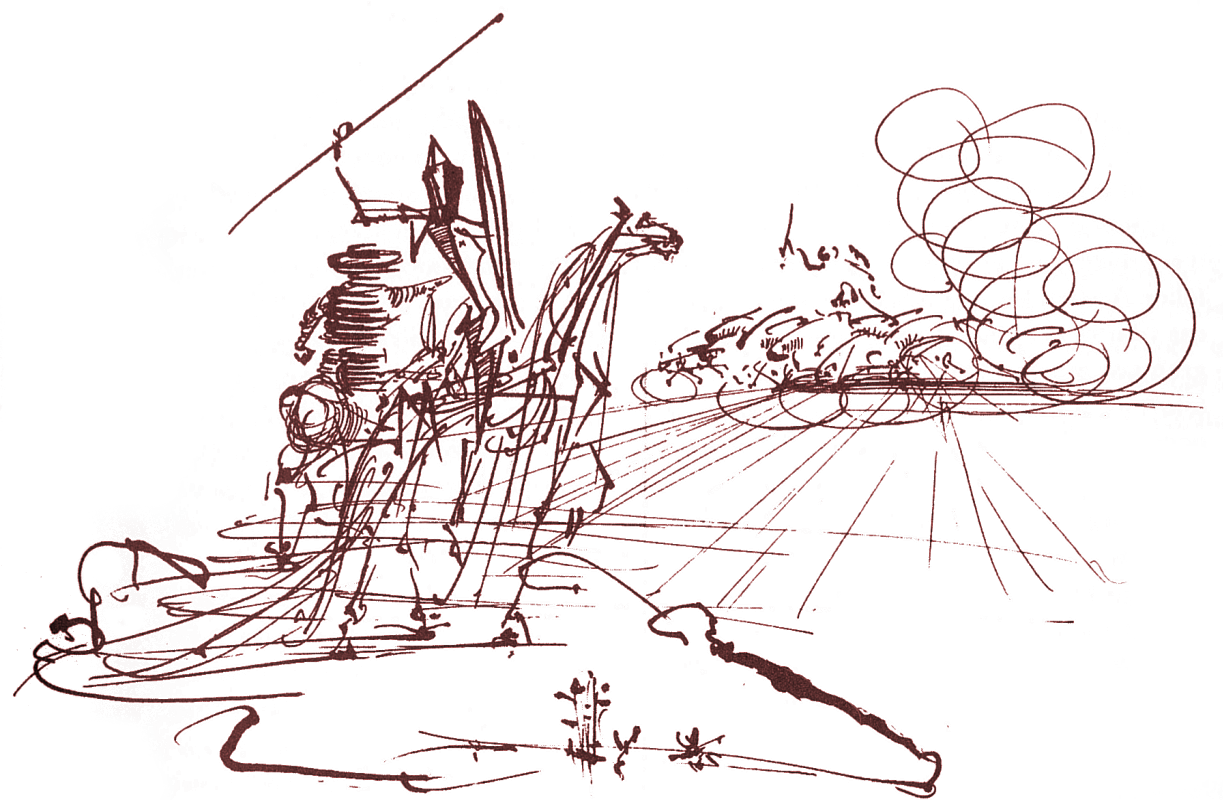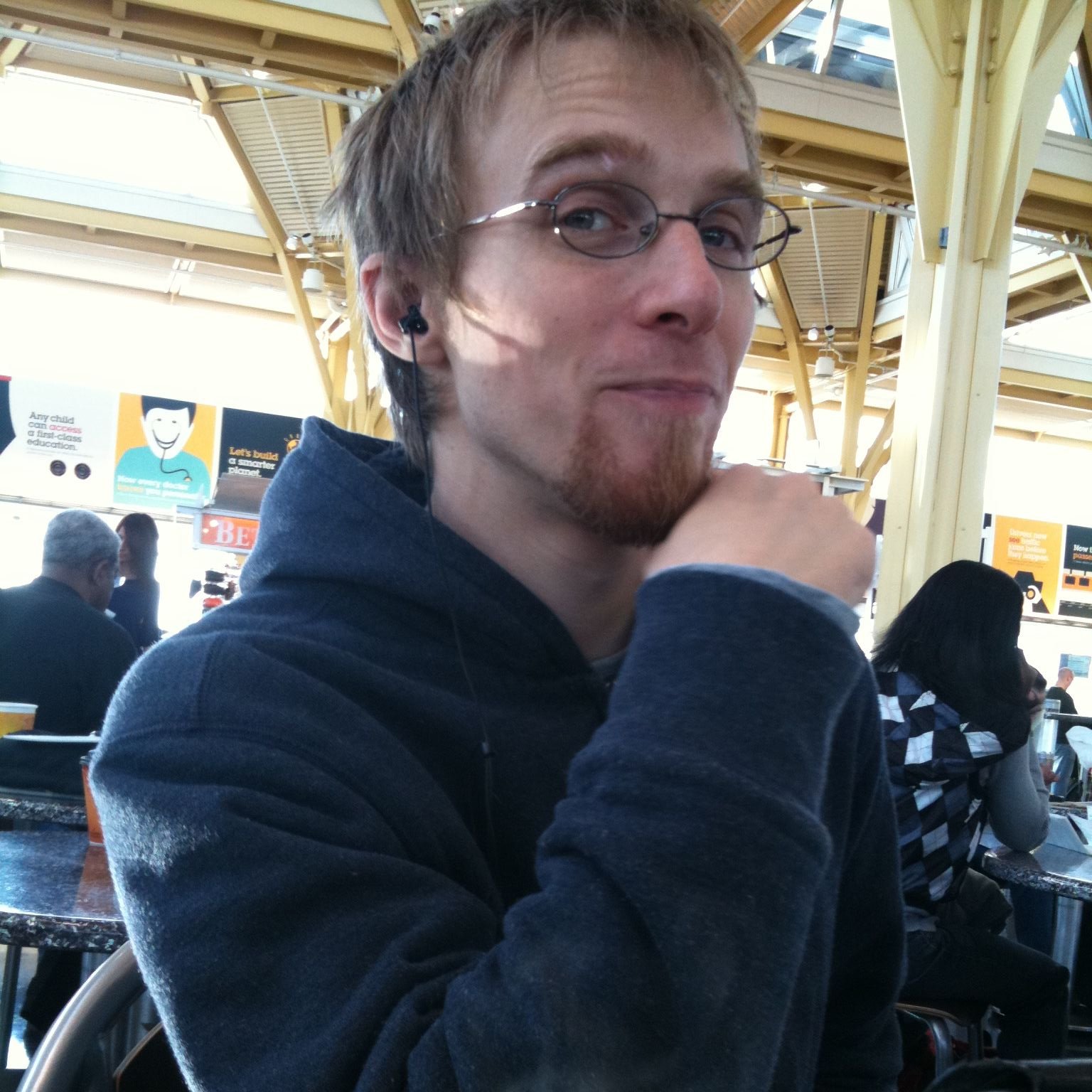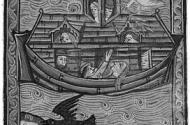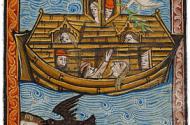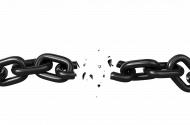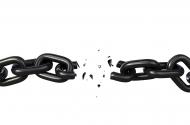We think we know what we believe. We think that we believe in life after death or the resurrection, or in the virginity of Mary. But mostly, belief is what we say we believe when we're being grilled by a fundamentalist or reciting the Nicene Creed. Belief is social performance. We believe we believe something when we tell others we believe it.
I've always had a hard time believing in basic things. Wittgenstein's "On Certainty" was an important book for me. He asks questions like this, "Does my telephone call to New York strengthen my conviction that the earth exists?" Eventually, all my existential doubt boiled down to what I did. Every day, I acted as though other people were real, gravity would continue, and my homework assignments were due. Our beliefs are reflected in what we do.
But I'm still left with a feeling of unease that the normal will not proceed. That, like Grigor Samsa, I will awaken from unsettling dreams to find myself transformed in my bed into a monstrous cockroach. And everything will unravel from there: gravity, the alphabet, gender roles, Plank's Constant, the laws of arithmetic, you name it. I'm just a skeptic by nature.
So overconfident proclamations of belief awaken my inner cynic. If we truly believed in the resurrection of Jesus Christ, the triumph of life over death, and Matthew 25's promise of eternal life in heaven awaiting those who spend their lives caring for those in need... well. We'd see a world without hunger: the Kingdom of God on earth. But most of us believe at maybe 25%. The thing is, belief is something that matures as we grow spiritually: the fruit of a spiritual life, not the secret knock that opens the door. Right action and right belief develop gradually as we follow the way of Jesus.
Experience Before Social Scripts
I wish we talked about what we've experienced rather than social scripts of belief. But hey, maybe that's because my faith is built around powerful experiences that marked me. I have felt the power of God transforming me, sometimes suddenly, and sometimes gradually, when I pray. I have felt the presence of God and I wept, and I've seen Jesus when I prayed in the darkness. He touched my shoulder and it changed me. But more importantly my faith has made me a better person when I'm damn sure I would have been worse.
I've even seen crazy stuff. Once, while praying for belief, I saw the clouds open and I saw heavenly hosts. I've taken acid in my life, and there's probably some trace LSD knocking around in my spine, so I can't discount that as a cause. But nonetheless, I experienced something that felt real, which I remember as a marker of the real reality.
You really can't fake what you've experienced. And you can't fake how you live your life. But verbal statements of belief can be faked and usually are.
A Belief-Based Faith is Compatible With Slavery
According to Wendell Berry, a faith based on belief rather than a faith based on what we do was constructed to resolve the contradictions between a justice-rooted faith and the institution of slavery.
"How do you get to heaven? Well, I have quoted some passages, and there are many others, that say you get there by obeying the moral imperatives of the Scripture, by loving one another 'in deed and in truth.' But the churches, with their strong ties to the pocketbooks of racists, felt obliged to see it another way: the way to heaven was faith; one got there by believing. And to this day that continues to be the emphasis of such denominations as the Southern Baptist: to be saved, believe! The mystical aspects of Christianity completely overshadow the moral. But it is a bogus mysticism, mysticism as wishful magic, a recipe by which to secure the benefits of eternal bliss without having to give up the benefits of temporal vice: corrupt your soul and save it too!" - Wendell Berry, The Hidden Wound
When we claim to believe in love and justice yet leave our slaves in chains, well, that's a sham. It's the kind of fake confidence-man faith that you can read like a fleur-de-lis stamped on an adulterer's shoulder. It's the faith of a con-man, one who deludes himself so as to delude others. When our actions don't measure up to our proclamations of belief, non-Christians smell it like rot.
Of course, most of us are in that position, buying products made by people enslaved to oppression, contributing to global warming, and sheltered by a military state that spreads war and confusion for the sake of business interests. We're inconsistent, and our beliefs look like self-delusion as they precede our actions.
Until the first-world church gives up living in complicity and starts remembering and reminding the world that building community in love is resistance to the empire of death, we'll still feel foul while speaking fair.
Marooned, Overlooking Salvation at the Shore
But when we talk about our experience of the transformation of the everyday, that, at least, is meaningful. I love miracles and I believe they're woven into our lives in ways we often overlook.
When we believe in distant miracles as ancient as the Septuagint but don't experience God in the everyday, we can make belief without proof the central refrain of "faith." We furrow our brows and squint toward the horizon, looking for some rupture in the natural order like marooned people scanning for a helicopter when a ship has already docked.
There are days when I believe at 65% that there is a heaven, and I'm usually at about 55% that I'll be going there, by the grace of God, not through my own purity of heart and deed.
God reads the heart. How do I know? I have felt God read my heart. But we cannot read each others' hearts, and when we ask another person what they believe in order to determine if they're a "Christian," we're pretending like we can read their heart based on the motions of their mouths. Only God knows who believes and who is saved, and we can only proceed according to our best lights.
And lastly, we tend to shape our beliefs according to the foolishness of the world, which can limit the power of God to reveal miracles that reverse the world's powers, and our expectations. For instance, in the occupied Palestine of Jesus' day, Roman soldiers raped peasant women like Mary. And if children resulted, these "bastard" children were condemned to a life at the margins of their communities without support from any father. And so I have a question: was Mary a miraculously impregnated virgin or a miraculously virgin-ified woman who was raped by a Roman soldier? Wouldn't it have been a miracle worthy of God to ask Joseph to accept such a child as the son of God? So was the miracle that God miraculously impregnated a virgin? Or, was the miracle that God gave Joseph the strength to risk being ostracized for raising a "bastard" child as his own?
I believe in miracles that suspend the natural order, like the resurrection. But sometimes, when we spend our time looking for miracles that suspend the normal, we miss the quotidian mysteries of faith that turn the world's injustices upside down.
Amen.
